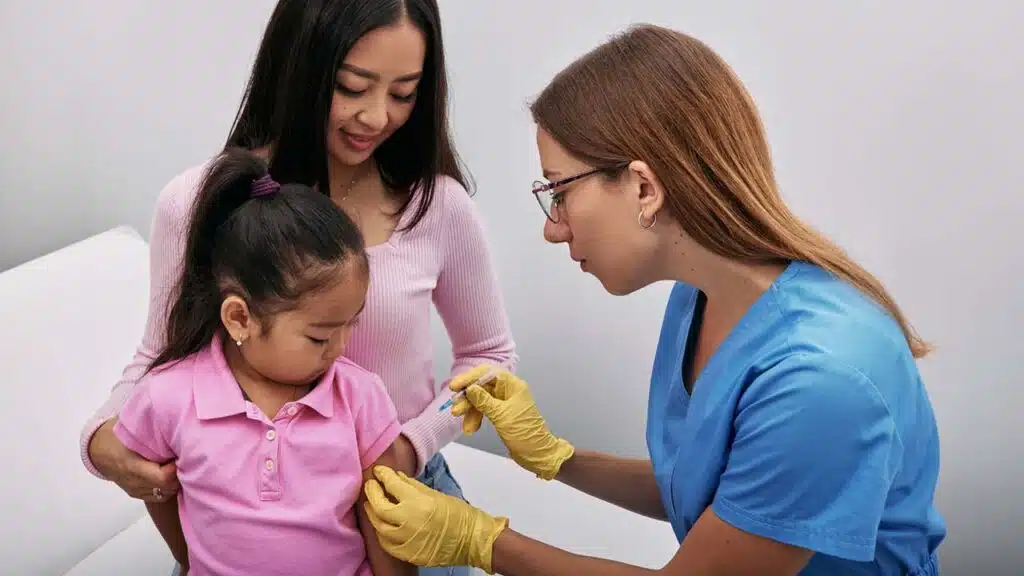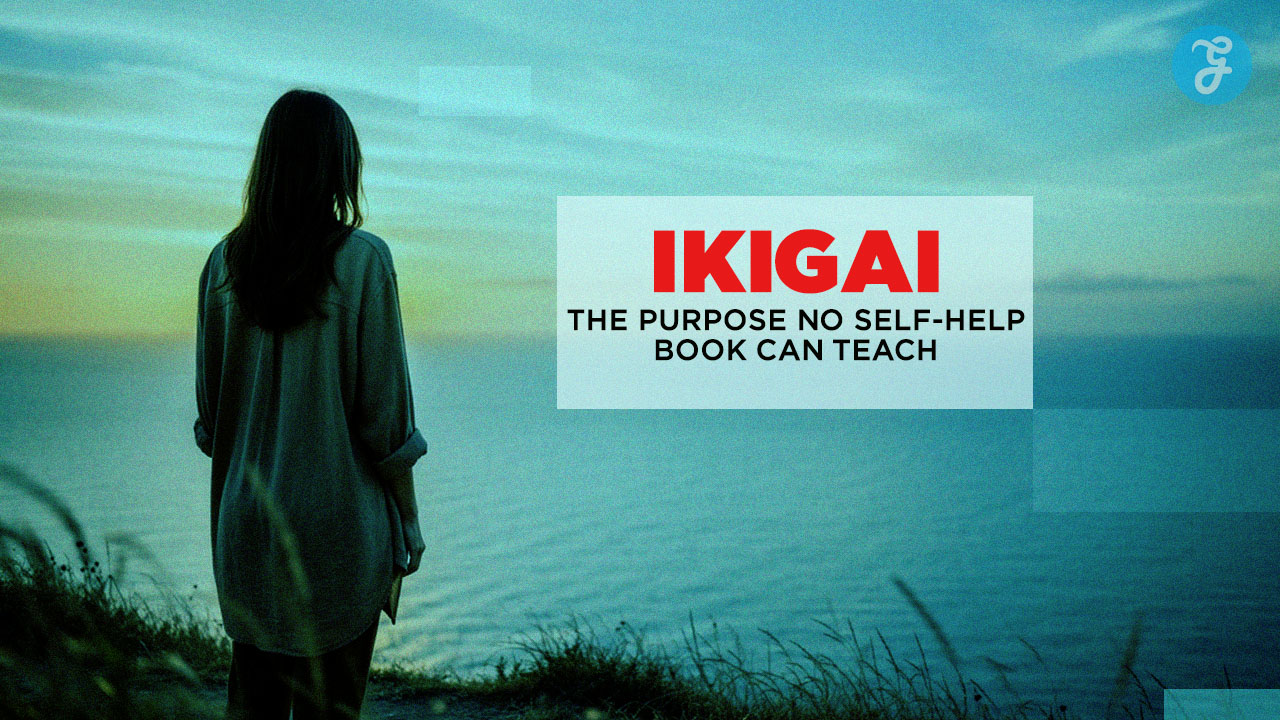Ensuring your child receives the right vaccinations at the right time is one of the most important responsibilities a parent has.
Vaccines play a crucial role in keeping children safe from potentially life-threatening diseases, many of which were once common but are now largely preventable.
In addition to protecting your child, vaccinations help create community immunity, safeguarding individuals who may not be able to get vaccinated themselves, such as those with weakened immune systems.
This guide breaks down the 10 essential vaccines every parent should consider to give their child the best chance for a healthy future.
1. Hepatitis B Vaccine (HepB)
Hepatitis B is a serious viral infection that attacks the liver, potentially causing lifelong liver disease, liver cancer, or even death.
The HepB vaccine is usually given within 24 hours of birth, followed by additional doses in the first few months of life.
This vaccine is especially important for newborns, as they are highly vulnerable to contracting the virus from an infected mother during childbirth or later exposure.
Key Benefits of the Hepatitis B Vaccine
- Protection from Severe Liver Disease
By vaccinating your child, you’re preventing them from potentially suffering from chronic liver disease, cirrhosis, or liver cancer in the future. These conditions are not only life-threatening but also lead to ongoing medical issues. - Prevention of Asymptomatic Spread
Hepatitis B can be transmitted without visible symptoms, which means vaccinated individuals are not only protecting themselves but also preventing unknowing transmission to others. - Protection from Bloodborne Exposure
The virus can spread through contact with infected blood or bodily fluids, which could happen in everyday situations or accidents, so early vaccination reduces the risk of future exposure.
2. Rotavirus Vaccine
Rotavirus is a highly contagious virus that primarily affects infants and young children, leading to severe diarrhea and vomiting that can cause dangerous dehydration.
Rotavirus infection can be particularly challenging for infants and toddlers, who are at a higher risk of severe complications.
The vaccine is given orally in two or three doses starting around two months old.
Key Benefits of the Rotavirus Vaccine
- Prevention of Severe Dehydration
Rotavirus-induced dehydration can be life-threatening in young children. Vaccination helps prevent these severe cases, reducing hospitalizations and ensuring a safer recovery. - Reduced Spread in Child-Care Settings
Rotavirus spreads quickly, especially in child-care environments. By vaccinating your child, you help prevent outbreaks that could affect many children and their families. - Oral Administration for Comfort
Unlike injectable vaccines, the rotavirus vaccine is given orally, making it easier for parents and less stressful for infants, who may be more sensitive to needles at such a young age.
3. Diphtheria, Tetanus, and Pertussis Vaccine (DTaP)
The DTaP vaccine provides crucial protection against three severe diseases: diphtheria, tetanus, and pertussis (whooping cough).
These infections can lead to serious, sometimes life-threatening complications, especially in young children.
The DTaP vaccine is typically given in five doses throughout early childhood to build strong immunity.
Key Benefits of the DTaP Vaccine
- Comprehensive Protection in One Vaccine
With a single vaccine, children receive protection from three dangerous diseases, simplifying the immunization process and ensuring comprehensive early protection. - Reduced Risk of Pertussis Epidemics
Pertussis, or whooping cough, is highly contagious and can be fatal for infants. Vaccination significantly reduces the risk of severe cases and limits the spread within communities. - Critical Protection from Tetanus in Case of Injuries
Tetanus bacteria are often found in soil and dust. Since children are prone to falls and injuries, this vaccine protects them from potential exposure to the tetanus toxin, which can lead to painful muscle contractions and respiratory issues.
4. Haemophilus Influenzae Type B Vaccine (Hib)
The Hib vaccine protects against the Haemophilus influenzae type b bacteria, which can cause serious infections like bacterial meningitis, pneumonia, and epiglottitis.
These conditions can lead to lasting health issues or even death, especially in infants and young children.
The Hib vaccine is given in multiple doses during early infancy.
Key Benefits of the Hib Vaccine
- Protection Against Bacterial Meningitis
Hib bacteria are a leading cause of bacterial meningitis, which can lead to severe brain damage or death. Vaccination helps eliminate this risk, providing peace of mind for parents. - Prevention of Severe Respiratory Infections
Hib bacteria can cause respiratory issues, including pneumonia, which can be particularly dangerous in young children with developing immune systems. - Reduced Need for Antibiotics
By preventing these bacterial infections, the Hib vaccine helps reduce the need for antibiotics, which in turn helps combat antibiotic resistance, a growing health concern.
5. Polio Vaccine (IPV)
Polio is a highly infectious viral disease that can cause permanent paralysis and, in severe cases, death.
While polio has been nearly eradicated due to widespread vaccination efforts, the disease is still present in some regions.
The inactivated polio vaccine (IPV) series is given to children to ensure lifelong protection.
Key Benefits of the Polio Vaccine
- Prevention of Paralysis
Polio can lead to irreversible paralysis, which is especially heartbreaking in young children. The IPV helps ensure this outcome is prevented, safeguarding children’s mobility and independence. - Essential for Global Eradication Efforts
Polio is close to being eradicated worldwide, and continued vaccination efforts help make this goal achievable, protecting future generations from ever experiencing the disease. - Safe and Well-Tested Vaccine
IPV is considered one of the safest vaccines, with minimal side effects, making it highly suitable for infants and young children.
6. Pneumococcal Vaccine (PCV13)
The pneumococcal conjugate vaccine (PCV13) protects against the Streptococcus pneumoniae bacteria, which can lead to severe infections such as meningitis, pneumonia, and blood infections (sepsis).
This vaccine is typically administered in a series of four doses, starting from two months old.
Key Benefits of the Pneumococcal Vaccine
- Protection Against Life-Threatening Infections
PCV13 guards against serious conditions like bacterial meningitis and bloodstream infections, which can be fatal in infants and young children. - Lower Incidence of Ear Infections
In addition to preventing more severe diseases, PCV13 also helps protect against ear infections, a common health issue that can cause pain and potential hearing loss in children. - Community Protection
By vaccinating your child, you help limit the spread of pneumococcal bacteria in the community, protecting immunocompromised individuals and those who cannot receive the vaccine.
7. Measles, Mumps, and Rubella Vaccine (MMR)
The MMR vaccine protects against three contagious viral infections: measles, mumps, and rubella.
Each of these diseases can have serious consequences, especially for children.
Measles can cause brain inflammation, mumps can lead to deafness, and rubella can result in severe birth defects if contracted during pregnancy.
The MMR vaccine is given in two doses, typically starting at 12 to 15 months of age.
Key Benefits of the MMR Vaccine
- Combined Protection
With a single injection, children receive immunity against three significant diseases, simplifying the immunization process and enhancing protection. - Prevention of Long-Term Complications
Measles can lead to encephalitis, a dangerous brain infection, and mumps can result in permanent hearing loss. The MMR vaccine reduces the risk of these complications, helping ensure a healthier life. - Community Immunity and Pregnancy Protection
Rubella is particularly dangerous for pregnant women and can lead to birth defects. By vaccinating children, we protect entire communities and prevent rubella outbreaks.
8. Varicella (Chickenpox) Vaccine
The varicella vaccine offers defense against chickenpox, a highly contagious illness that causes fever and an itchy, blistering rash.
While many children recover with few issues, chickenpox can cause severe complications in certain cases, especially for those with weakened immune systems.
The varicella vaccine is given in two doses and is highly effective in preventing the disease.
Key Benefits of the Varicella Vaccine
- Reduced Risk of Severe Chickenpox Complications
Chickenpox can sometimes lead to bacterial infections, pneumonia, and encephalitis. Vaccination helps prevent these complications, making recovery safer. - Prevention of Shingles
Vaccinated children are less likely to develop shingles later in life, which is a painful condition resulting from the reactivation of the chickenpox virus. - School and Community Protection
Chickenpox spreads rapidly in environments like schools. The varicella vaccine helps curb outbreaks, protecting classmates and reducing absences.
9. Hepatitis A Vaccine (HepA)
Hepatitis A is a viral infection that impacts the liver, leading to symptoms such as fever, stomach pain, and jaundice (yellowing of the skin).
It is usually spread through contaminated food or water, making young children especially susceptible.
The HepA vaccine is typically administered in two doses starting at one year of age.
Key Benefits of the Hepatitis A Vaccine
- Protection from Foodborne Illness
Young children are especially vulnerable to infections from contaminated food or water. The HepA vaccine prevents Hepatitis A and protects against severe symptoms. - Reduced Spread in Communities
Since Hepatitis A is highly contagious, vaccinating children can prevent outbreaks in schools and community centers. - Long-Lasting Immunity
The HepA vaccine provides lasting protection, making it a simple yet powerful step in protecting your child from liver disease.
10. Influenza (Flu) Vaccine
The flu is a contagious respiratory illness that can be especially dangerous for young children, potentially leading to complications like pneumonia, bronchitis, and sinus infections.
The flu vaccine is updated annually to reflect the most prevalent flu strains and is recommended for everyone six months and older.
Key Benefits of the Influenza Vaccine
- Annual Protection Against Severe Flu
Influenza can lead to serious complications in children, especially those with preexisting health issues. The flu vaccine prevents severe cases and minimizes symptoms. - Reduction in Community Transmission
By vaccinating children, parents help reduce flu spread in schools and communities, indirectly protecting vulnerable individuals like the elderly and those with chronic illnesses. - Updated Protection Each Year
Since flu viruses evolve, the annual flu shot is formulated to combat the most current strains, ensuring children are best protected each flu season.
Conclusion
Vaccinating children is a proactive way to ensure their long-term health and safety.
These 10 essential vaccines provide robust protection against some of the most dangerous diseases, safeguarding not only your child but also the community at large.
By staying informed and following your healthcare provider’s vaccination schedule, you’re giving your child the best foundation for a healthy future.
Consult with your pediatrician to ensure your child is up-to-date with their vaccinations so they’re prepared to thrive in the years to come.










































